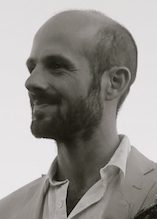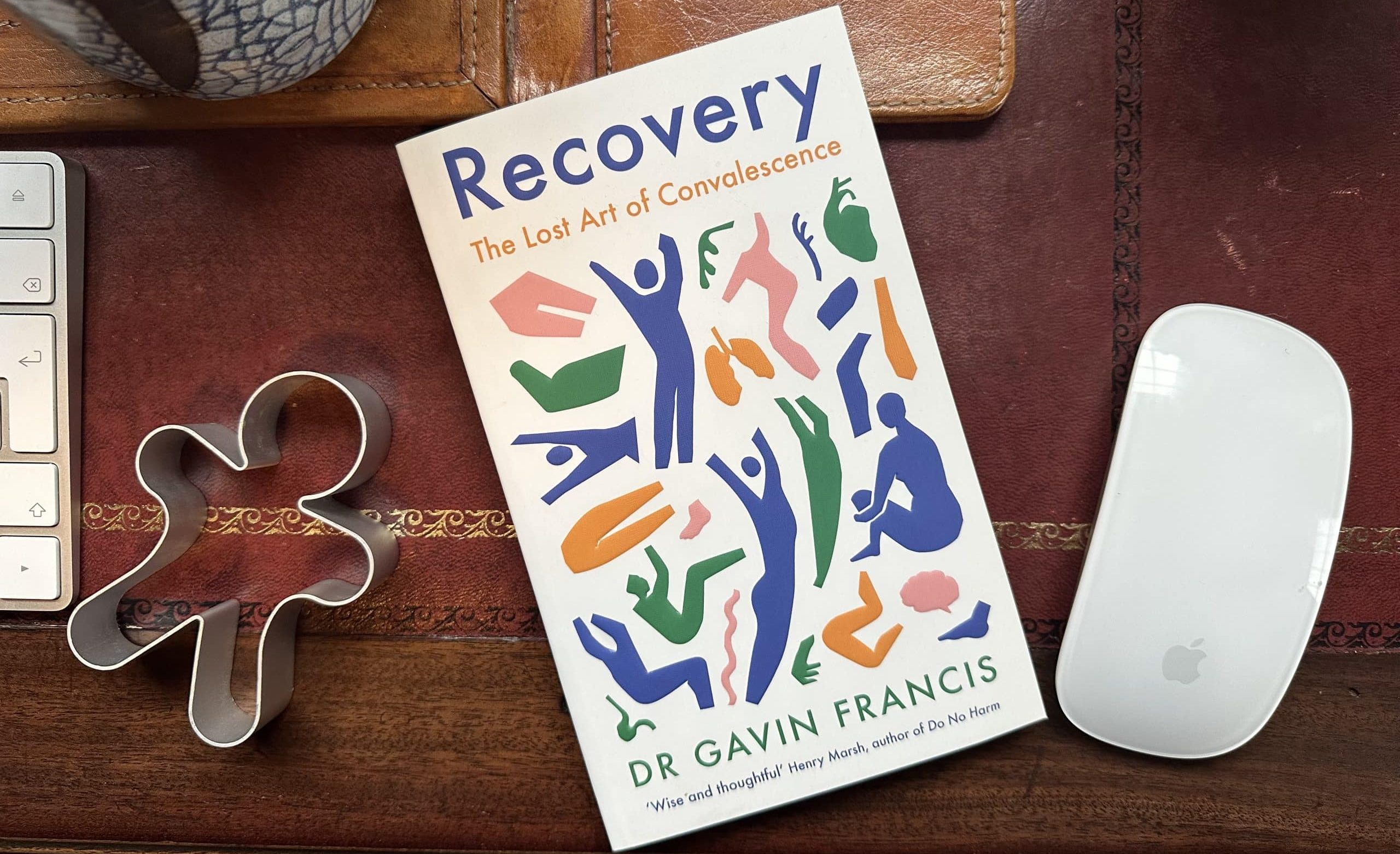 Giles Dawnay is a writer and salaried GP in Leominster, Hereford
Giles Dawnay is a writer and salaried GP in Leominster, Hereford
His writing can be found at www.gilesdawnay.com and he is on Twitter: @gilesdawnay
I think it would be fair to say that none of my medical school curriculum was dedicated to the radical idea of convalescence and the incalculable benefits that this counter-cultural state of seeming passivity may bring. Instead from Day 1 we were taught the cutting edge of knowledge and skill to be able to take control of our patients’ bodies and heal them from the outside. In fact, I don’t think I can genuinely remember a single lecture that told us that our patients might realign themselves without us.
But if we are to stop and really think, of course the body is able to heal itself. We might help it move in that direction, but how do we make the lung tissue regenerate after a pneumonia, how do we make the scar tissue heal and knit together after the stitches are in, what do we do to the bones to make after we have straightened them. Sports science is increasingly telling us the importance of the rest days for athletes, as that is when the body is able to consolidate and rebuild its tissue. When the body is given permission to be passive on the outside it is allowed to become powerfully active on the inside. Convalescence literally means to ‘become strong again.’
Beds on every corner, yet almost everyone there (professionals and patients alike) are thoroughly sleep deprived.
It is with this in mind that this timely book arrives asking us examine again what it means to heal, to get better and to reclaim ones health. The ‘Sirens’ of modern living demand we move ever faster, active is always superior to being passive and to seek rest is akin to admitting defeat. Perhaps many of us do recommend that our patients rest, but how many take and follow our own advice?
If ever there was an institution that symbolised the occasionally irreconcilable tensions of modern health care it would be the hospital. Beds on every corner, yet almost everyone there (professionals and patients alike) are thoroughly sleep deprived. The industrial-revolution-inspired mechanisation of life has somehow found its way into how we perceive the body. In the same way we want machines to be ever more efficient and productive, we now demand this of ourselves. To convalesce at a surface societal level appears to mean a reduction in output, a drop in performance and perhaps the deep fear we may never get going again. Perhaps even a move from the status of normal to the abnormal.
Francis, as ever, writes with imagination, clarity and brevity. This book is short and to the point allowing time to think and reflect on his thoughtful words. One of his standout observations is that illness is a matter of both biology and biography. There is always both pathophysiology and narrative, and unless the two can be harmonised then healing becomes even harder.
Only 1.7% of those seeking benefit are fraudulent, something that doesn’t tally with what the mainstream media tells us
.He explores fascinating ideas such as that recovery does not have to be only a physical level. In the case of terminal illness then the patient can still be helped to recover their dignity in the face of the daily onslaught of deterioration. He points out the deep power involved in a well prescribed sick note, something that we all have almost no training on. Only 1.7% of those seeking benefit are fraudulent, something that doesn’t tally with what the mainstream media tells us.
Francis introduces professor Christopher Ward, a clinician and academic specialist in rehabilitation medicine, who uses the illness of his patients as central to their healing process. Rather than encourage them to deny the experience he asks them to ponder on what would they not have leant had [they] not been ill? So often we desire only to be well again, that the twilight between illness and good health seems dead time. But it is in a well-used period of convalescence that recovery can take place on much deeper level. Illness and disease for many is profoundly traumatic, and a rushed recovery may heal the physical wounds but leave the emotional ones open, raw and painfully untended to.
Of course, being a good clinician is about finding the right treatment for the patient. There are many ways to help someone and we spend our careers acquiring these. This book invites us to consider and add to our practice what it means to allow our patients (and ourselves) to rest. Along with the deep, healing and long term benefits that come from that.
Featured book: Gavin Francis, Recovery: The lost art of convalescence. Wellcome Collection, ISBN 9781800810488, 2022, £4.99 Paperback
Featured photograph taken by Andrew Papanikitas, 2023.






